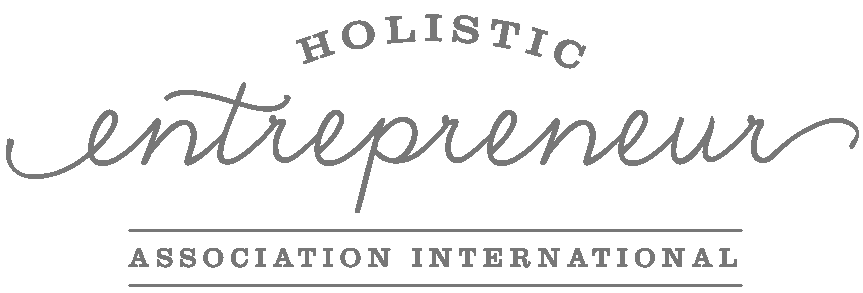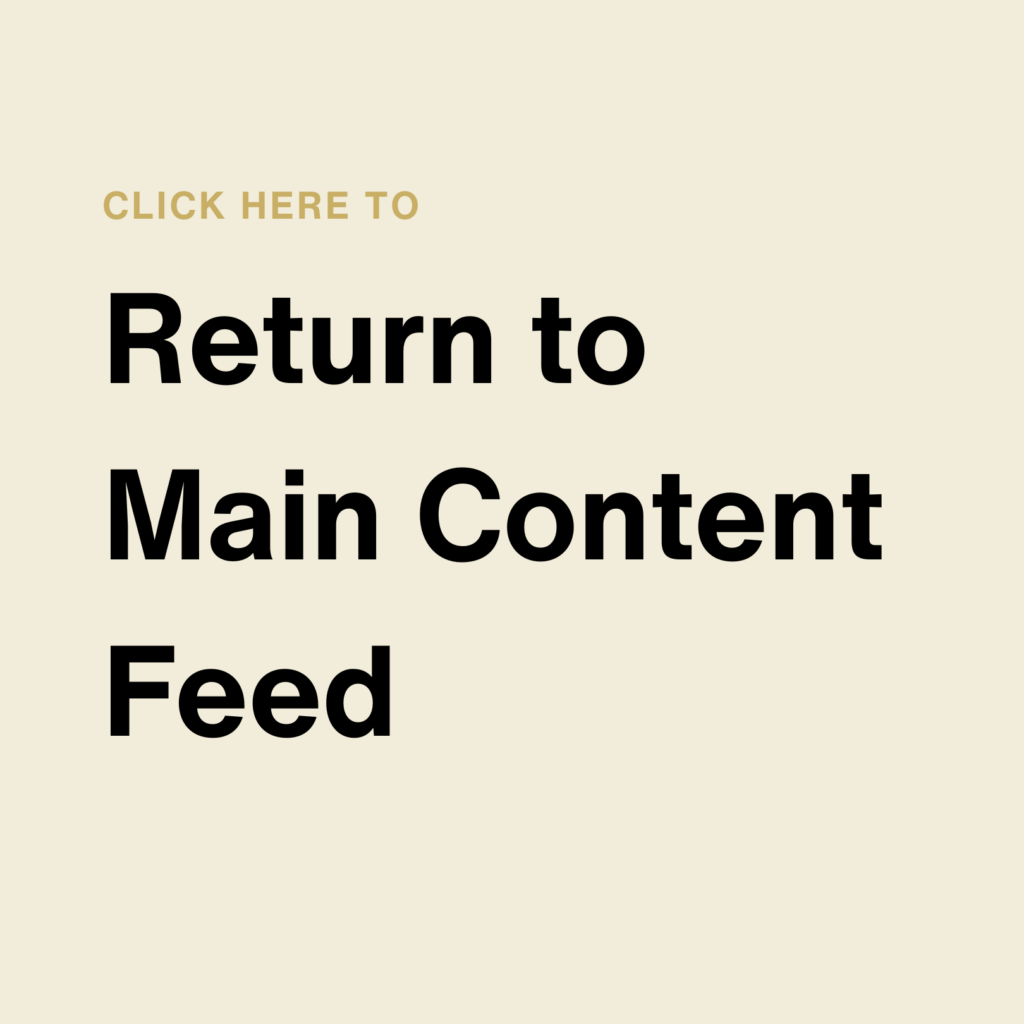by | | Curated Content
August 4th 2025
–
WellBeing Magazine
–
Michael Doran felt like everything was happening to me and around me without actually being involved. I dubbed it “cancer as a spectator sport”
In June 2016 an unwanted flu shot has uncovered a dark little scab that I am convinced is an insect bite. My GP thinks otherwise, so I have it excised and now I am back to hear the verdict. No small talk. He takes a quick look in the file and tells me, “It’s bad news. You have an aggressive and deep melanoma that needs urgent action.”
And so the journey begins, not with condolences or sympathy but a clinical diagnosis and a referral that is my ticket to whatever destination I am headed for.
So on day one I learnt my first lessons about cancer: lots of people get it, there is nothing special about my case and whatever emotions I have do not form part of the medical process; they are for me to handle. With melanoma killing around five Australians daily and over 250 new cases weekly, it’s not an exclusive club.
Soon I was at the Alfred Hospital Melanoma Clinic receiving lots of information from various specialists and discussing what the treatment options would be. The risks and outcomes of the surgical options were explored, inputs gathered and then it was time for me to decide the next step. With a spinning head I asked the senior specialist what he would tell me to do if I was his brother. I then followed his advice.
My overriding feeling was of being a bystander in the process and having to answer questions and make serious decisions without any time to stop and think about what was going on. I felt like everything was happening to me and around me without actually being involved. I dubbed it “cancer as a spectator sport”.
A few weeks after surgery I was in the outpatient clinic having stitches removed when a doctor popped his head in to say, “Results are good and we will see you in three months” — and then disappeared. I should have felt ecstatic but instead I was numb and confused. Three weeks previous I was told I had cancer and now I did not? How does that work?
I left the hospital but after a short walk returned and sought out the clinic manager. She understood my confusion and, thankfully, took the time to work through it so that when I left this time I felt more settled. The surgery had removed all signs of the melanoma — it had not spread far — and it was now a case of monitoring for any recurrence.
I realised that what was gnawing at me was the sense that I was not actually doing anything myself but leaving my recovery in the hands of the doctors. I knew I had to get involved and stop relying on everyone else to tell me what to do. I researched quality articles, absorbed all the latest thinking on cancer recovery and developed my own plan.
I wanted to do all I could to reduce the chances of melanoma returning, but if it did I needed to be in the best shape possible to fight it off — not mount a rearguard action when it was too late. I had to have my own recovery strategy and not be reliant on three-monthly checkups, living in a limbo land of panic every time a sunspot appeared.
The thinking I had was of owning my own health by moving from a starting point of complete reliance on what I was being told to taking charge of the process and devising my own recovery plan for the things I could control. I would leave all the medical decisions to the experts but everything else was mine to sort out.
My cancer event came on the back of a heart attack where I went into cardiac arrest, requiring CPR to restart me. After that there was an extensive rehabilitation program and that was what I was trying to replicate.
I discovered WellBeing, which inspired me to make changes in the key areas of health and fitness, diet and mental state. Research told me that building muscle has been shown to be beneficial in cancer treatments, so I started a gym/ weights program guided by an exercise physiologist. Muscles reappeared from under the dust of inactivity.
I looked at my diet and saw room for change. I made sure I was getting lots of protein to support growth, cut back on sugars and fatty foods, farewelled alcohol and shifted to a fresher, healthier diet. Nothing radical, but it works for me.
The mental side was not so easy to tackle but the increased exercise, better diet and sense of owning my health brought positive gains. I reduced medication and now feel able to ride the waves of doubt and fear when they appear.
Taking ownership has given a real lift to my spirits as I now feel that I am doing all I can to improve my situation and that, even if the cancer relapses, I will be better placed to overcome it. If that can’t be done, then at least I have played my part in looking after myself in a proactive way.
The major lesson I have learnt is that to get a positive outcome, both physically and mentally, I needed to feel like I was involved in the process and not just be a spectator, turning up to be told what happens next. I know that what I have done is no guarantee I will have a cancer-free future or that heart disease is banished or that I will not be hit by a bus as I cross the road.
What I do know is that by taking ownership of my wellbeing I’m in a much better place for whatever the future brings and that I can park a lot of negative emotions away in the knowledge that there’s nothing else I could be doing.
And for that I am thankful.
Michael Doran is a writer who is passionate about taking responsibility for our own health and being actively involved in the recovery process. Contact him at michael@michaeldoranwrites.com.
Article Featured in WellBeing Magazine 173
The post Taking ownership appeared first on WellBeing Magazine.
Read the full article here:
Taking ownership
by | | Curated Content
August 4th 2025
–
WellBeing Magazine
–
Love, laughter and mindfulness techniques helped support Ros Ben-Moshe through a diagnosis of and recovery from bowel cancer.
At 42 with a promising career, two beautiful boys and a childhood sweetheart husband, life was going pretty well. Ever since a parting gift of a giardia parasite from a family holiday in Thailand, I’d grown used to the occasional sight of blood and mucus in my stools and found it more annoying than alarming. A stool test around 12 months ago had returned normal, so my naturopath thought I’d probably picked up another parasite. What else could it have been? Yet when I stared back at myself in the mirror, something seemed different: my eyes more distant and a little less bright, my face slightly gaunt.
Just to be on the safe side, I once again presented at my GP, who casually referred me on for a gastroscopy and colonoscopy. She wasn’t worried. I left the recovery room, the gastroenterologist’s words still fresh in my ears: “You’re one lucky woman. I removed a polyp from your bowel but it all looks fine.”
I went back to my life when, four days later, the call no one ever expects, least of all me, arrived. It was a nasty cancer and some of its cells had spread beyond the polyp wall. I was presented with three options:
1. Do nothing more.
2. Have a partial bowel resection.
3. Have a full bowel resection so that the lymph could be tested to see if the cancer had spread.
I couldn’t live with the fear and uncertainty of what may be lurking within, and was also the mother of two boys aged 12 and 15, so I chose a full bowel resection. This entailed being fitted with a temporary ileostomy and brand-new rectum. As soon as I made my weighty decision, I promised myself not to look back or regret it. I embraced it wholeheartedly.
Yet, even at this hugely traumatic time, it was as if a band of genies magically appeared to support me. I received so much love from friends, neighbours, family, hospital staff and even strangers. I also felt deeply connected to an encompassing and powerful universal love. So, rather than succumb to the harsh, disorienting fall I feared, it was as if I landed on a pile of life-sized marshmallows.
Then signs appeared that all would be well. On the day of my first CT scan to detect if the cancer had spread, I signed a permanent work contract as a lecturer in health promotion. And highlighted in my diary was a longstanding booking to facilitate a laughter yoga party scheduled three days before my operation.
Somehow I knew this health crisis was connected to my laughter wellness journey and it would involve growth — lots of it. I had always wanted a powerful story and that’s what I was getting!
While surgeons and doctors attended to my physical condition, laughter, mindfulness and other positive psychology techniques helped bring my mind and body to a state where optimal healing could occur. Fortunately, the surgery went well and I received the news we had all hoped to hear: the cancer had not spread. Four months later, my bowel was reconnected and ileostomy closed.
I had begun to write instinctively from diagnosis. What started off as something I was doing for myself very soon evolved as writing for my imagined future readers. Journalling gave me an outlet to harness control over my healing — physically, emotionally and spiritually. It also helped me reframe things in a more positive, empowering light, whether deciding to refer to my bowel reversal as “a bowel reconnection”, the cancer as “a bowel cancer” or consciously placing a smile on my face until it seeped into every cell, tissue, fibre and muscle of my body.
In this “year of healing”, I began living what previously I had merely preached. My view of mindfulness expanded from that of a daily practice to a complete way of being. I derived so much benefit from daily mindfulness and experimented with different ways of sensing into and appreciating the present moment, far beyond any structured practice.
Increasingly, I recognised laughter as a form of mindfulness, an anchor to the present moment. When you’re laughing, you’re laughing; it’s very difficult to feel negative emotion. The same applies when you’re really smiling. In these states, you’re not only stimulating your body’s natural painkiller, endorphins (30 times more powerful than morphine), you are strengthening neural pathways associated with calm, joy and awareness. This is really important in terms of healing, as optimal healing occurs when less stress and tension resides in the body.
Six years after my bowel reconnection, my book Laughing at Cancer: How to Heal with Love, Laughter and Mindfulness was born. It is both a memoir and healing guide, with an emphasis on how I applied laughter, mindfulness and other wellbeing techniques to guide my healing journey, and how others can as well, not just those who have had cancer.
I am infinitely grateful that the bowel cancer was detected early. I embed gratitude and mindfulness into each day and, while I still need to take the odd “pyjama day” and at times become frustrated by my body’s physical limitations, overall I know I’m truly blessed. My life is filled with joy, love and laughter thanks to my beautiful family and friends. For this, I am eternally grateful.
Ros Ben-Moshe is founding director of LaughLife Wellbeing Programs (laughlife.com.au) and adjunct lecturer in the Department of Public Health at La Trobe University, Melbourne. Learn more about her book at laughingatcancer.com.
The post Laughing at cancer appeared first on WellBeing Magazine.
Read the full article here:
Laughing at cancer
by | | Curated Content
August 1st 2025
–
Bulletproof
–
The conversation around whey protein is a mixed bag. While it’s known for supporting muscle tissue synthesis and support as we age, some see it as a supplement reserved for bodybuilders. There are even misconceptions that it may cause acne, disrupt hormones or trigger lactose intolerance discomfort. All this begs the question: Is whey protein […]
The post Is Whey Protein Bad for You? appeared first on Bulletproof.
Read the full article here:
Is Whey Protein Bad for You?
by | | Curated Content
August 1st 2025
–
Wellness Mama Blog | Simple Answers for Healthier Families
–
Call me weird, but oral health has always fascinated me. And it’s more than just brushing your teeth twice a day and flossing. Mouth taping is a newer trend in the natural oral care world, but it’s about so much more than that. This one simple habit can help your overall health improve, sometimes dramatically. […]
Continue reading Mouth Taping: The Simple Sleep Hack That Can Be Lifechanging…
Read the full article here:
https://wellnessmama.com/health/mouth-taping/
by | | Curated Content
July 31st 2025
–
Wellness Mama Blog | Simple Answers for Healthier Families
–
Many years ago, I switched to natural cleaning products. Since then, I’ve found a lot of great recipes, tricks, and shortcuts. They’ve not only taken the toxins out of daily life, but made our house cleaner, fresher, and faster to clean! One of the simplest cleaning hacks I’ve found is something you probably already have […]
Continue reading Simple Vinegar Cleaning Swaps That Actually Work…
Read the full article here:
https://wellnessmama.com/natural-home/vinegar-for-natural-cleaning/


